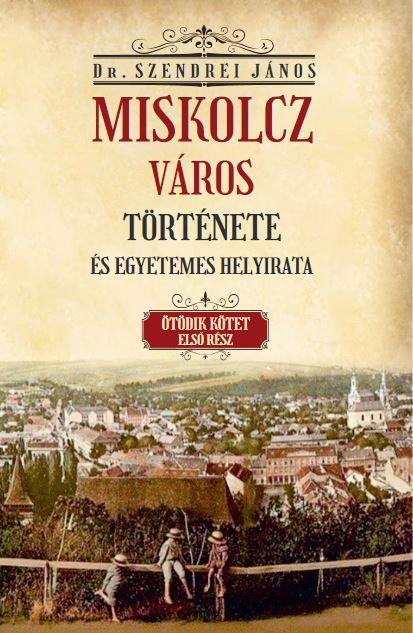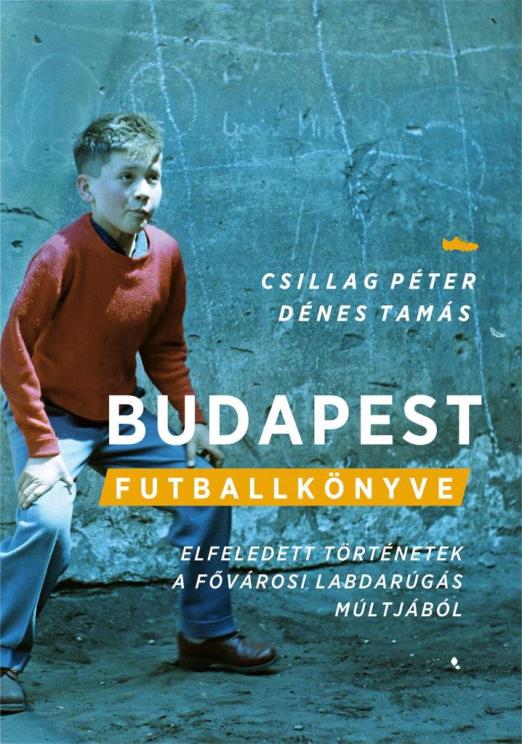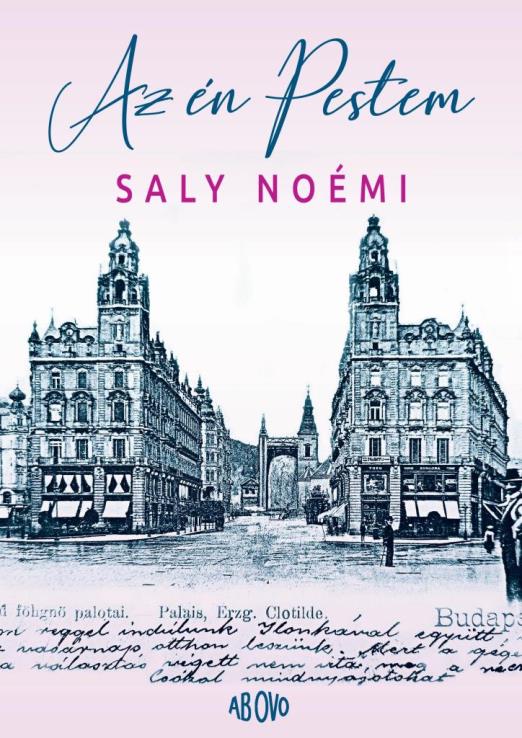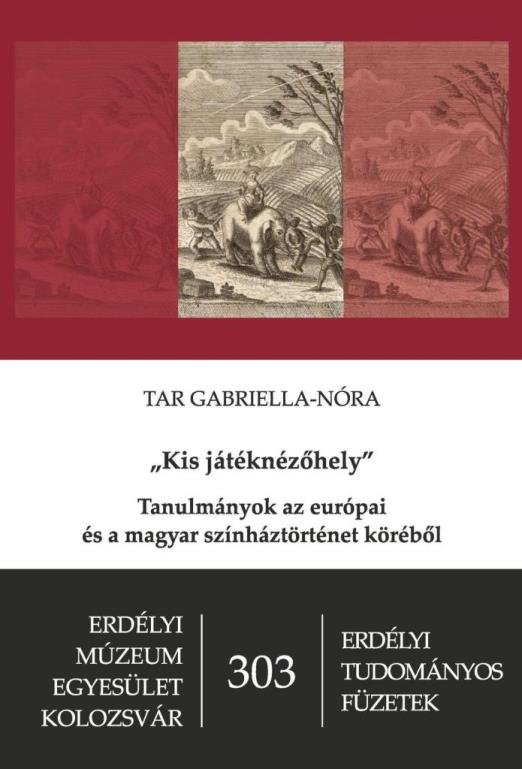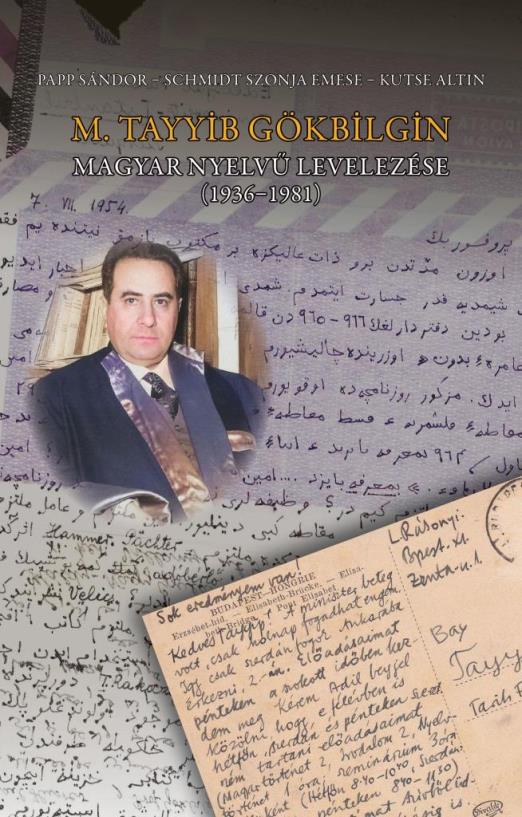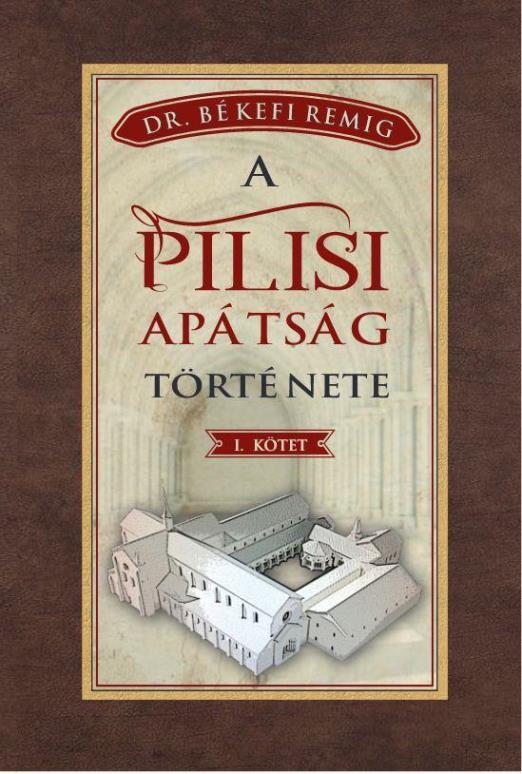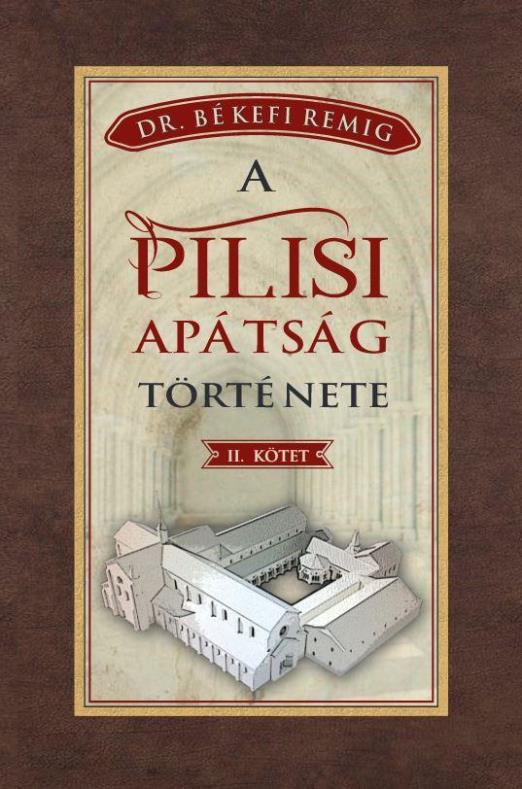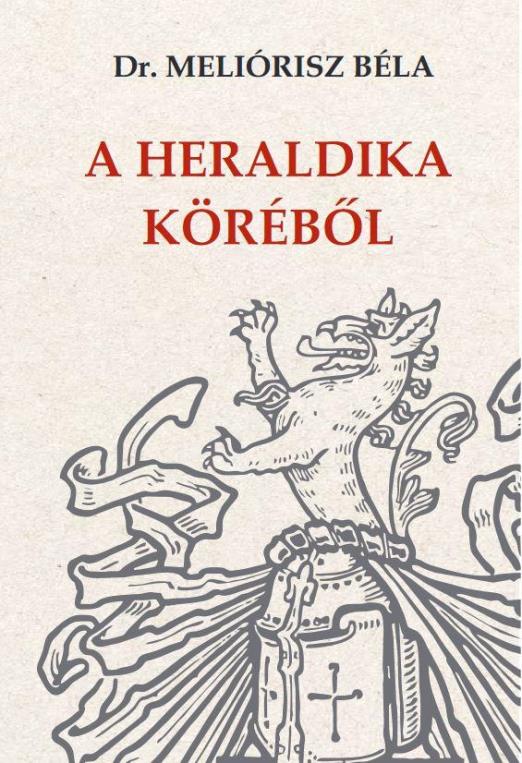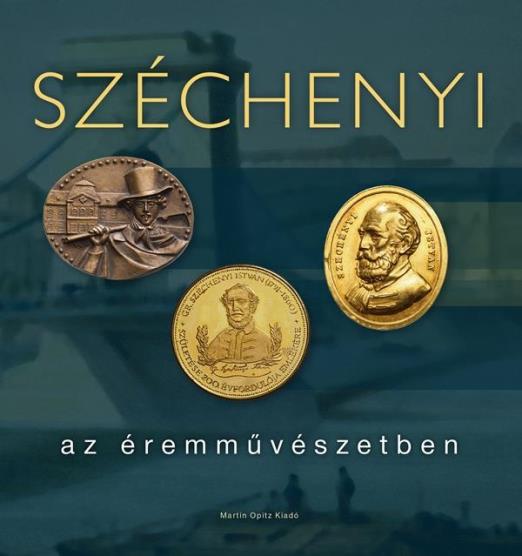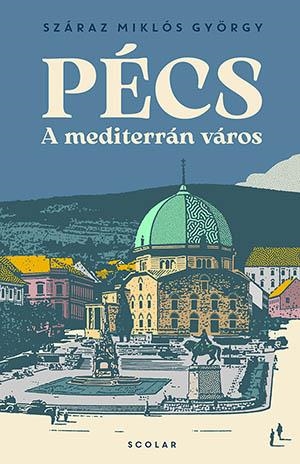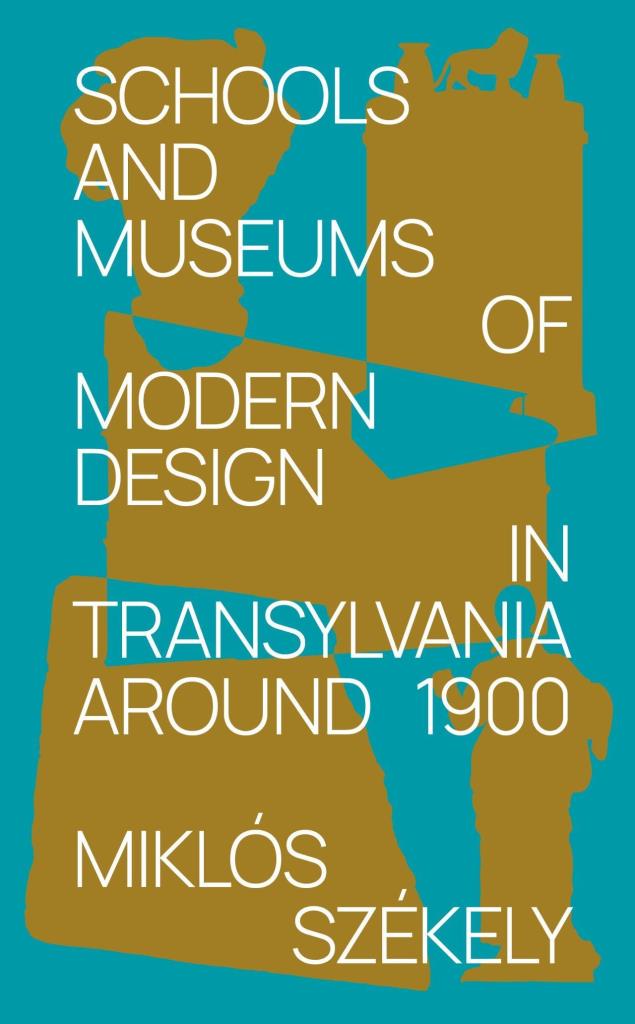
SCHOOLS AND MUSEUMS OF MODERN DESIGN IN TRANSYLVANIA AROUND 1900
Szállítás:
5-15 munkanap
Rendelhető
13 800 Ft
Eredeti ár:
15 000.-
Kik voltak a szecesszió erdélyi mesterei? Hol tanultak, milyen mintákat követtek? Melyik múzeum raktárában lappangott évtizedekig Kolozsvár ismeretlen iparművészeti gyűjteménye? Mi volt a kereskedők és szenvedélyes amatőr gyűjtők szerepe létrejöttében? Hogyan és miért kerültek a távoli Japán paraszti kultúrájának tárgyai Mátyás király szülővárosába?
Leírás
Kik voltak a szecesszió erdélyi mesterei? Hol tanultak, milyen mintákat követtek? Melyik múzeum raktárában lappangott évtizedekig Kolozsvár ismeretlen iparművészeti gyűjteménye? Mi volt a kereskedők és szenvedélyes amatőr gyűjtők szerepe létrejöttében? Hogyan és miért kerültek a távoli Japán paraszti kultúrájának tárgyai Mátyás király szülővárosába? Mit talál a kíváncsi kutató, ha hetven év után kinyit egy padlásajtót? Vajon hányszor lehet felavatni egy szobrot? És hány helyszínen? Mi kellett ahhoz, hogy a család legkisebb gyermeke iparművészeti remekeket tervezzen? Milyen mintákat követett, kik tanították? Mitől lett modernné és magyarrá Erdély 1900 körüli építészete? Kik voltak ennek főszereplői és hétköznapi hősei? Ezekre és még sok más kérdésre keresi a választ ez a könyv, első alkalommal tárva a külföldi olvasóközönég elé angolul Erdély utolsó magyar korszakának mind ez idáig ismeretlen művészetét. The time limits of the volume are marked by a fundamentally short historical period, the two decades of the half-century history of the Austro-Hungarian Monarchy, when the economic catch-up of Transylvania and the clarification of the presence of Hungarian culture were intertwined in many cases. The memories of industrial vocational education in Transylvania bear witness to the spread of modern technologies and educational methodology and the thin border between the artisans and the designer\'s activities.The author\'s museum and collection experience influenced the research methodology and determined the approach to processing. Through the analysis of artifacts, archival documents, and photographs unknown to international humanities research until now, the Hungarian political, economic, and cultural ideas related to Transylvania in the decades around 1900 are revealed. In addition to artifacts unearthed from the depths of archives and museums, in certain cases, the objects were excavated from decades of oblivion in museum and school attics. Some of the objects published in the volume come to the reader as the results of nearly a decade of exploration and rescue work.In the architectural and artistic creations of the turn of the previous century, in addition to striving for harmony between the parts and the whole, the balance of function and decoration determined the approach of architects, industrial artists, and creative people in general. This was also the case in the art of the book of the time, the experience of which inspired the author and the graphic design studio while collaborating on the creation of this book. As a result of their joint thinking, the typography, the separation of content units and the visuality of the volume also refer to the perception of the years around 1900. The sporadically preserved objects and documents of the individual institutions rarely overlap, but they complement each other beautifully, thus the individual chapters, when read together, reflect the whole of the Transylvanian museum-school practice of the previous turn of the century.
Adatok
Raktári kód:
L33509
ISBN:
9786155133268
EAN:
9786155133268
Megjelenés:
2023.
Hozzászólások

